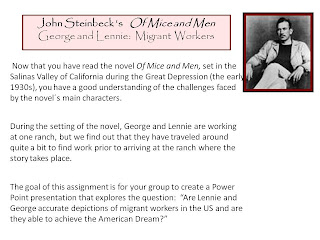
Do we, as the human race, have the power to block out what they are telling us and make our own decisions and choices?

Who is ultimately responsible for what the media "feeds" us?

Think about "messages" that the media has given you in the past about a story or a situation or a group of people. Have any of these messages ever angered you?
How far does a journalist go to "get a story"; or how far SHOULD he go to get a story?
And now the 6 million dollar questions:
SHOULD THE MEDIA EVER BE CENSORED?
What about this example of a regular radio broadcast in Rwanda prior to the genocide of 1994:
"You have to kill the Tutsis; they're cockroaches.
All those who are listening, rise so we can fight for our Rwanda. Fight with the weapons you have at your disposal: those who have arrows, use arrows. Those who have spears, use spears. We must all fight.
We must all fight the Tutsis. We must finish them, exterminate them, sweep them from the whole country. There must be no refuge for them.
They must be exterminated. There is no other way."
Here is an example of the media attempting to SWAY its audience:
Here is an example... MOSQUE AT GROUND ZERO
How do we BLOCK it out and make our own decisions?











